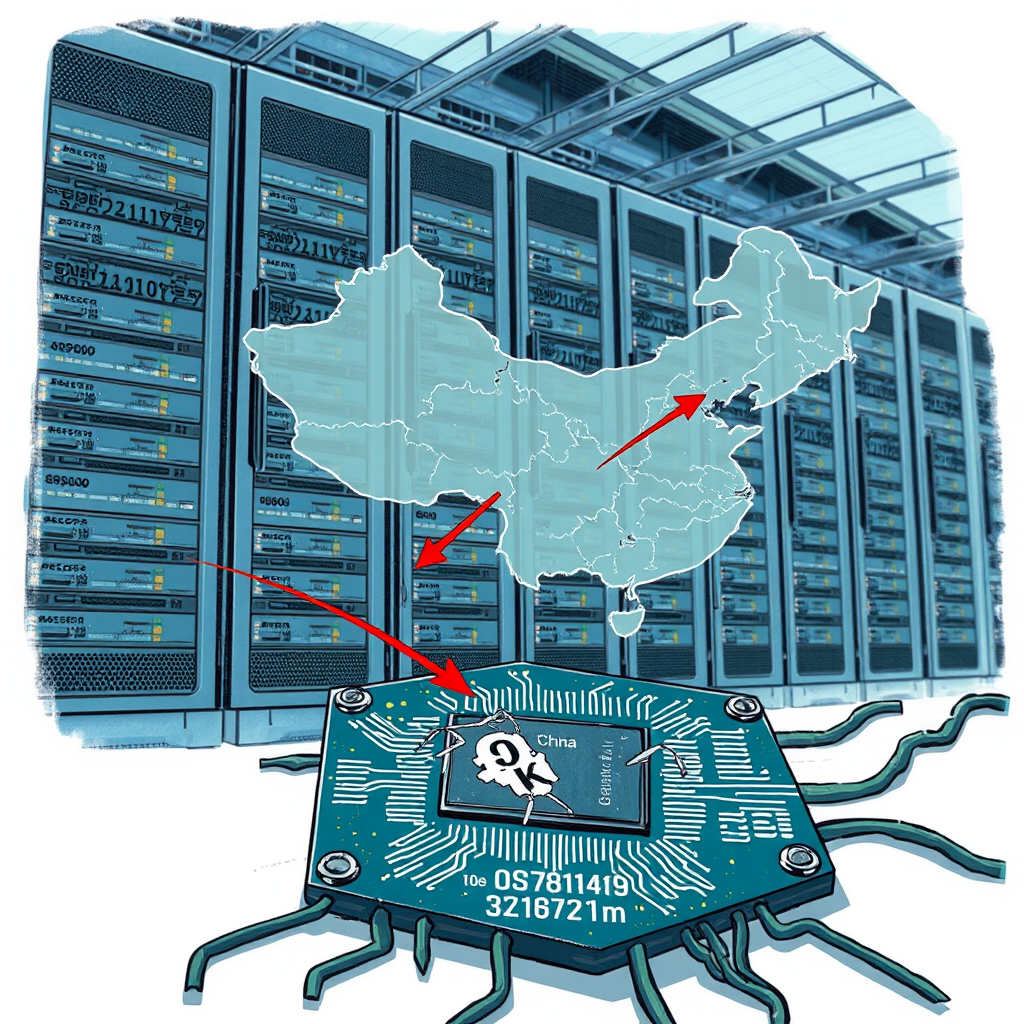China Could Cripple US AI With $20K Attack

A newly released report is sounding alarms about the vulnerability of U.S. national security infrastructure to potential Chinese government interference via the rapidly expanding field of Artificial Intelligence. The report, titled “America’s Superintelligence Project” and authored by consultants at Gladstone AI, details significant risks stemming from the heavy reliance on Chinese-manufactured components within AI datacenters.
According to reporting in TIME magazine, these datacenters – including those currently under construction like OpenAI’s ambitious Stargate project – are susceptible to both debilitating sabotage and the theft of valuable AI models. The core issue lies in the fact that the vast majority of components essential for building this technology originate in China, creating a critical supply chain vulnerability.
The report estimates that a successful attack could be executed for as little as $20,000, potentially knocking a $2 billion datacenter offline for six months to a year. Furthermore, the report warns that even after an attack, the U.S. may face delays in receiving replacement parts, as China could strategically withhold shipments.
This situation presents a particularly concerning paradox. While some in Silicon Valley and Washington are advocating for a large-scale “Manhattan Project” to develop superintelligence – an AI capable of providing a decisive strategic advantage over China – the report suggests that building such a powerful AI on currently vulnerable infrastructure could be profoundly counterproductive.
Edouard Harris, one of the report’s authors, described the potential outcome as a “brutal gut-punch,” envisioning numerous datacenter sites becoming unusable due to insurmountable security flaws. The report also raises a more existential concern: if a true superintelligence is achieved, its goals may ultimately diverge from our own, rendering containment impossible.
This report isn’t simply a technical warning; it’s a stark illustration of how deeply intertwined our technological ambitions are with geopolitical realities. The pursuit of AI dominance is meaningless if the very foundation of that technology is susceptible to exploitation by a potential adversary. It highlights the urgent need for a comprehensive reassessment of supply chain security within the AI sector and a more cautious approach to developing potentially uncontrollable superintelligence. The current trajectory feels dangerously optimistic, prioritizing speed of development over fundamental security concerns. A proactive, rather than reactive, strategy is essential to mitigate these risks before they materialize into a national security crisis.